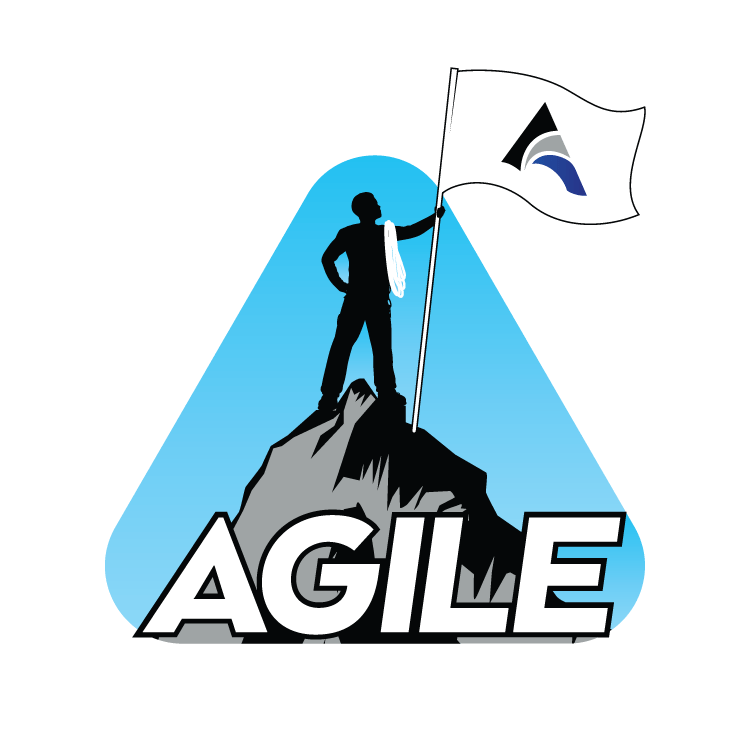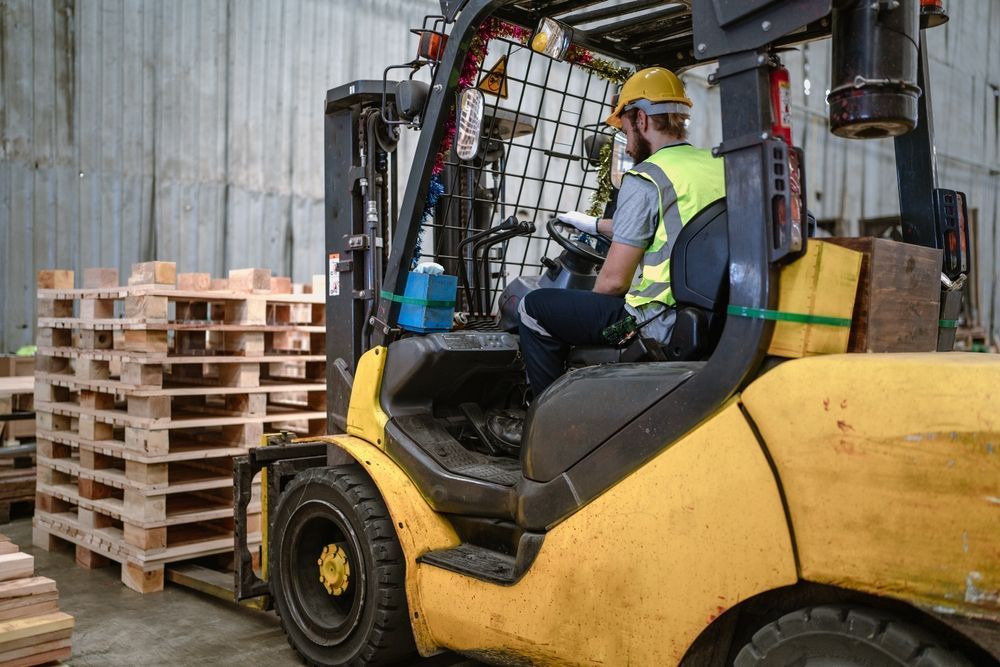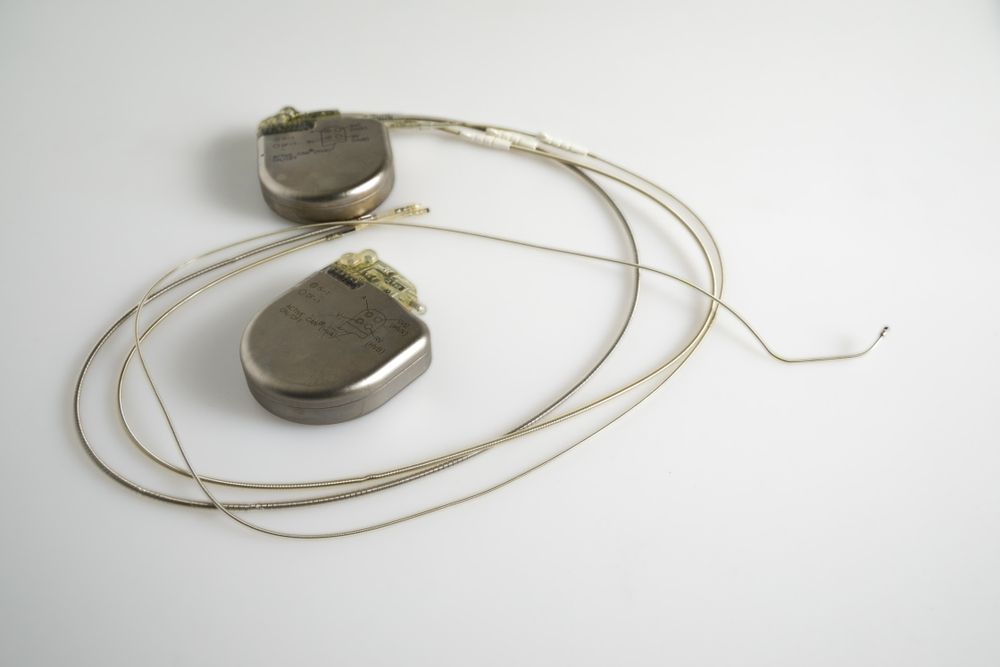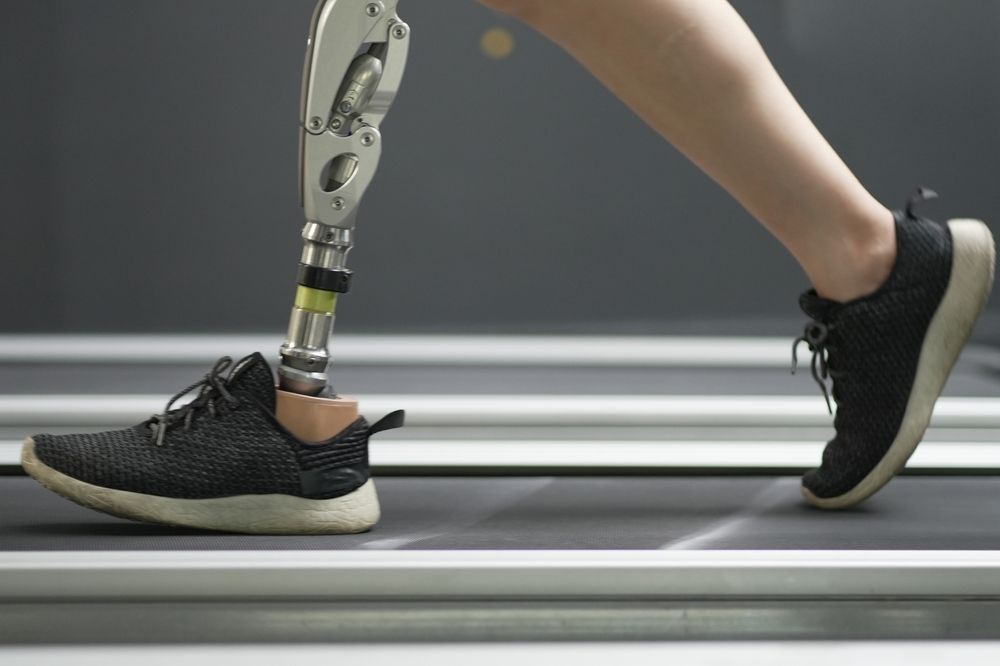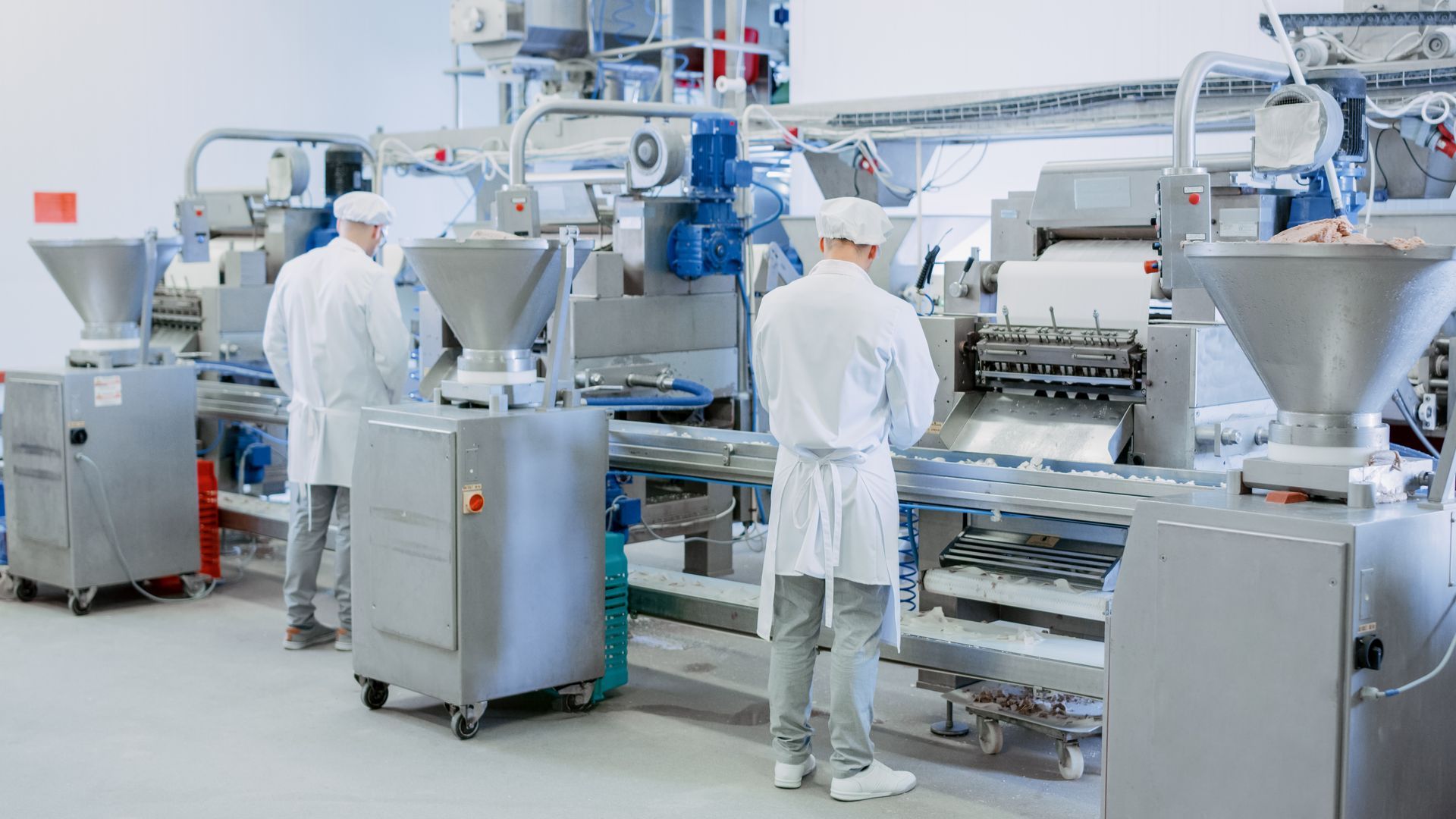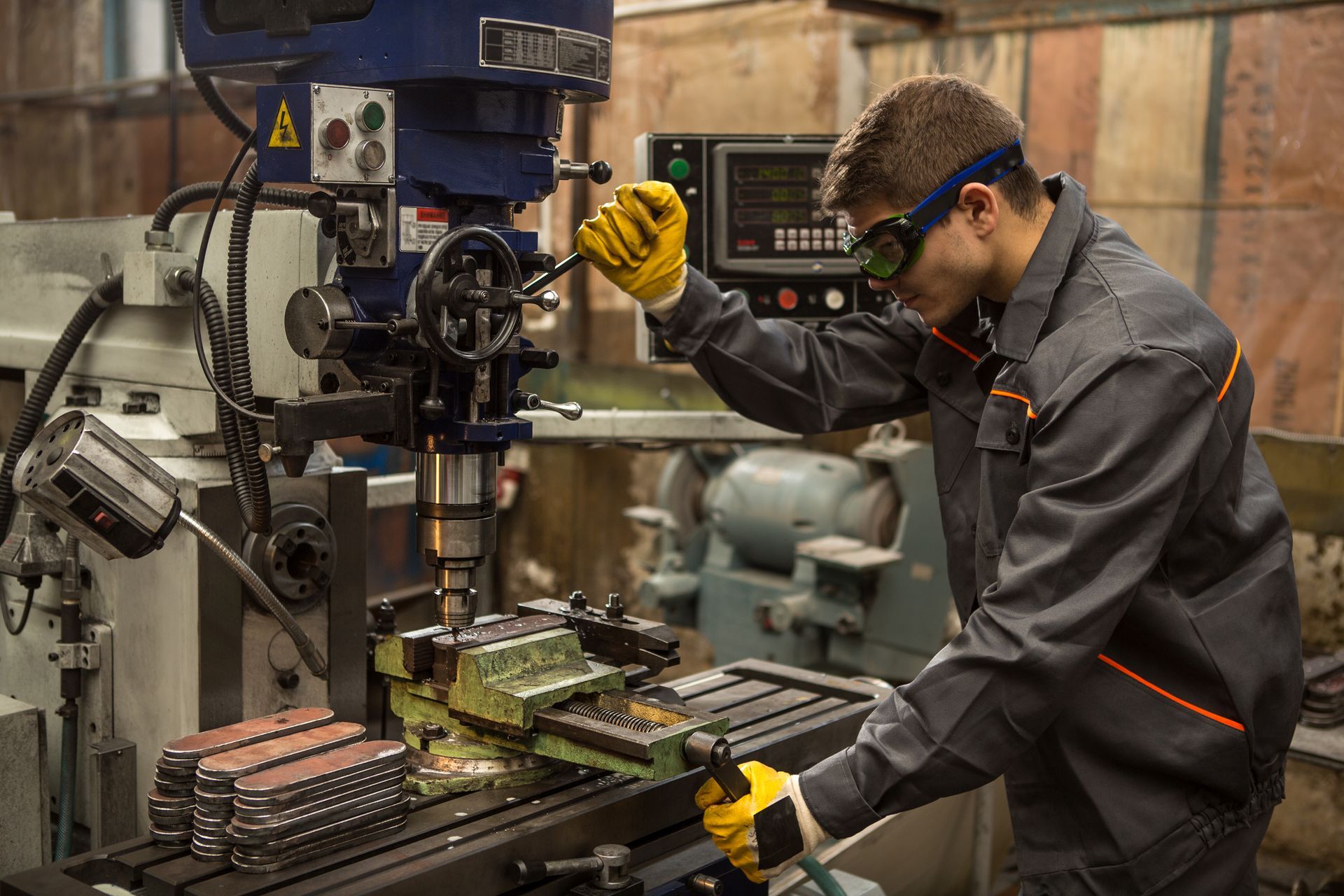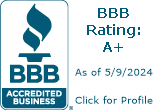Minnesota Sales Tax Exemption for Capital Equipment Now Valid at Time of Purchase
On July 1, 2015 Minnesota sales & use tax law changed to provide taxpayers with an upfront sales tax exemption on eligible capital equipment purchases. To claim this Minnesota sales tax exemption at the time of purchase, taxpayers should present a fully executed Minnesota sales tax exemption certificate. If Minnesota sales tax is paid at the time of purchase, taxpayers may still submit subsequent refund requests. Note that purchases of qualifying capital equipment made before July 1, 2015 are eligible for Minnesota sales tax refunds as well as long as they are within the 42-month open statute of limitations allowed under Minnesota’s sales & use tax law.
Minnesota Sales Tax Exemption Definitions
Minnesota sales tax law defines “capital equipment” as machinery or equipment that is bought or leased in Minnesota and used by the purchaser or lessee primarily for manufacturing, fabricating, mining or refining tangible personal property to be sold at retail. The machinery and equipment in question must be essential to the integrated production process.
The “integrated production process” is defined as the process or series of actions that result in the production of a product which will ultimately be sold at retail. The production process begins with the removal of raw materials from inventory and ends when the last process prior to loading for shipment has been completed.
Examples of activities that the Minnesota Department of Revenue considers to be part of the integrated production process are:
-
- Research and development
- Removal of raw materials from inventory
- Production activities up through packaging
- Storing work-in-process
- Quality control & testing
- Maintaining conditions when essential to the production process (i.e. temperature, humidity, air pressure, etc.)
- This does not include general space heating & lighting
- Constructing, cleaning, maintaining, and repairing equipment
Minnesota provides taxpayers with a number of helpful, informative write-ups to help explain their sales & use tax exemptions including Minnesota Sales Tax Fact Sheet 103 about the capital equipment exemption. In that document, a comprehensive list of examples of qualifying machinery and equipment are provided. Some of the most commonly overlooked categories of qualifying machinery and equipment our sales tax consultants find in our reviews include:
-
- Machinery used for research and development, including design, quality control, and testing activities;
- Environmental control devices used to maintain specific essential and required conditions to the production process such as temperature, humidity, light, or air pressure;
- Repair and replacement parts, including accessories, upgrades or modifications to machinery or equipment;
- Delivery and installation charges for qualifying equipment;
- Materials used for specialized foundations that support machinery or equipment;
- If sizable enough, materials used to build special purpose buildings or portions of buildings used in the production process such as clean rooms, research laboratories, and storage units including tanks, bins or silos for work-in-process materials;
The capital equipment must be used by the purchaser or lessee in order to qualify for the Minnesota sales tax exemption. However, if a manufacturer buys equipment and contracts with another party to use the equipment to produce the manufacturer’s product, the manufacturer can claim the exemption if there is a formal written agreement between the two parties. Also, if a contractor buys and installs equipment as an improvement to real property they are considered the purchaser, but ultimate user of the machinery and equipment may appoint a contractor or other person as an agent to buy capital equipment on its behalf.
Capital equipment v. capitalized assets. The term “capital equipment” is not the same as capitalized assets. Items capitalized for accounting purposes do not automatically qualify as capital equipment. Items that are expensed for accounting purposes, such as leased equipment, may be considered capital equipment.
In order to claim the capital equipment exemption on purchases on or after July 1, 2015 purchasers must give the supplier a completed ST3 form and a certificate of exemption with the reason “capital equipment.” In order to get a refund for Minnesota sales and use tax paid before July 1, 2015 purchasers must file a ST11 form and amend their tax returns for the allotted periods. Purchasers can also use the ST11 form to request a refund for tax paid in error after July 1, 2015. Purchasers may file no more than two capital equipment refund requests in a calendar year. A refund request must be filed within three and one half years or within 42 months from the 20th day of the month following the invoice date or within one year of the date of an order assessing liability, whichever is longer.
As with all Sales & Use Tax research, the specifics of each case need to be considered when determining taxability. Additional advice from Agile Consulting Group’s sales tax consultants can be found on our page summarizing Minnesota sales and use tax exemptions. If you have questions, comments or would like to discuss the specific circumstances you are encountering in regard to this issue or any other Sales & Use Tax issue, please contact us at (888) 350-4TAX (4829) or via email at info@salesandusetax.com.
The post Minnesota Sales Tax Exemption for Capital Equipment Now Valid at Time of Purchase appeared first on Agile Consulting Group.
